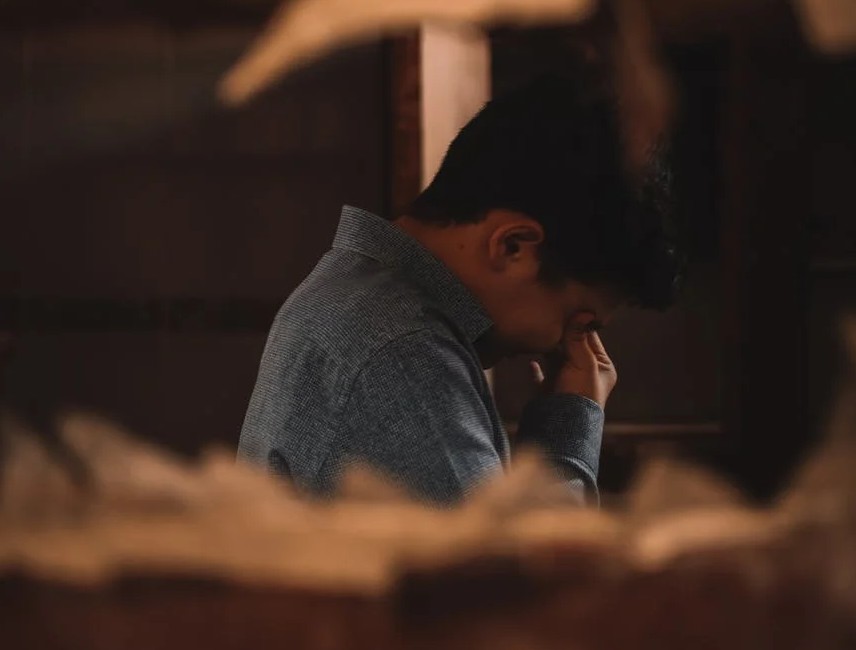According to recent studies, one-third of women and 1 in 12 men all over the world have experienced domestic violence in their lifetime. This means that we all know someone who is facing or has faced domestic violence. If everyone started preventing domestic violence in their community, the numbers could decline, and we can prevent domestic violence. If you’re wondering how you can help prevent domestic violence locally, here are 12 things you can do:
1. Know the Signs
The first step toward stopping domestic violence is to know the signs. If you know the behavior of an abuser and can recognize them, you can help prevent violence from happening. Sometimes there are clear signs that can easily be recognized early in a relationship, while others may take years to appear. However, you have to know that domestic violence is not limited to physical attacks, the abuse can be psychological, sexual, verbal, or financial; and despite what you may hear, it could happen to anyone regardless of their age, race, or level.
Signs could be:
- Extreme jealousy of spending time with friends or anyone but them (the abuser).
- Embarrassing or shaming in front of other people.
- Controlling all decisions, especially financial ones.
- Doesn’t respect the abused, their feelings, or boundaries.
- Controlling what they wear and where you go.
- Blaming them for all problems.
- Threatening violence.
- Threatening with a weapon.
- Silent treatment as a punishment.
- Stalking through apps or other ways
If you or anyone you know is in a relationship with someone who has this behavior, warn them so they can take action.
2. Collect Needed Info
Someone who’s facing domestic violence usually doesn’t think clearly and will not be aware of what should be done. If you suspect someone is experiencing domestic violence from their partner or a family member, gather the contact information for a sex crimes attorney, domestic violence shelters, and the national domestic violence helpline. You should also set up a private bank account, and think of an escape plan for them when needed, as they will not be able to do that while living with the abuser. This info should be ready for when you receive an SOS call from the victim.
3. Don’t Ignore It
These signs can easily be recognized in someone and if you see your friend, family member, or neighbor in any of these situations, you should inform the victim. If you heard or saw domestic violence, you shouldn’t ignore it and you should get involved. If you know that one of your neighbors is experiencing domestic violence, ring the bell to interrupt what’s happening. You can ring the bell and ask for some milk or ask to borrow something as an excuse to interfere. If you’re scared to go alone, bring someone with you. However, in case you suspect that the abuser is carrying a weapon, contact the police immediately, and you could save their lives.
4. Write It Down
If you regularly witness someone experiencing domestic violence, write down every incident you see with the date, time, location, and if there are any injuries. If the victim went to a hospital, you should collect hospital receipts as well. By doing this, you will be supporting the victim if they decide to report the abuse to the police and go through the legal process. The victim will have you as a witness and enough evidence to escalate the situation to the court and will help them win the case.
5. Be Available
If you suspect that any of your friends, co-workers, or family members are suffering from domestic violence, make them a priority. When they call or text, reply immediately, and offer to be their emergency contact if they need anything. Have your phone accessible and loud all the time so whenever they call or text you can reply and be there for them. If they have talked to you about leaving or escaping at any point, have your car ready to get them whenever they need it. Discuss the escape plan and ensure and arrange a meeting point, even if they’re not thinking about leaving.
6. Listen to People
Victims of domestic violence rarely talk about their experience, fearing that no one will believe them or that they will be judged. If someone starts talking to you about their relationship, listen carefully without judgment, and believe what they’re saying. You can research ways to help a domestic violence victim to know exactly how you should deal with them.
7. Contact Them Regularly
If you find that your neighbor, friend, or family member is a victim of domestic violence and they can’t leave, visit them once a day at random times to check on them; or call them to ensure that they’re safe.
8. Support Domestic Violence Shelters
Donate to your local domestic violence shelter or organization to help more people. You can also inform people in your area so they know about them and donate as well.
9. Use Your Power as a Consumer
Some movies, games, and music support domestic violence indirectly. As a consumer, you can withdraw support or boycott the companies supporting the movies or games, and encourage other people to boycott them as well.
10. Raise Awareness in Your Community
Gather your neighbors, friends, co-workers, and family and educate them about domestic violence and how to prevent it. You can do this by yourself or you can ask your local domestic violence shelter or organization to assist you with raising awareness.
11. Start a No Domestic Violence Community Campaign
Once you educate your community about domestic violence, ensure that everyone knows that it will not be accepted and legal action will be taken toward abusers. By doing this, you will make some abusers fear other people and they may stop or reduce the violence.
12. Download a Safety App
When a victim is suffering from domestic violence, they might not have the time to contact someone when they’re in danger. Considering downloading a safety app on the victim’s phone and your phone as well that notifies you when they’re in danger. If the victim doesn’t have a phone, gather a few of your friends and neighbors to get one that can operate the safety app.
Many suffer from domestic violence from their partners of a family member and don’t have the courage to move away. To help prevent it, educate your community about it, and explain that it’s okay to talk about it. This could help many people take the right step and report the abuser or leave them. Raising awareness about it and letting the people around you know that it’s not accepted can make a difference.



